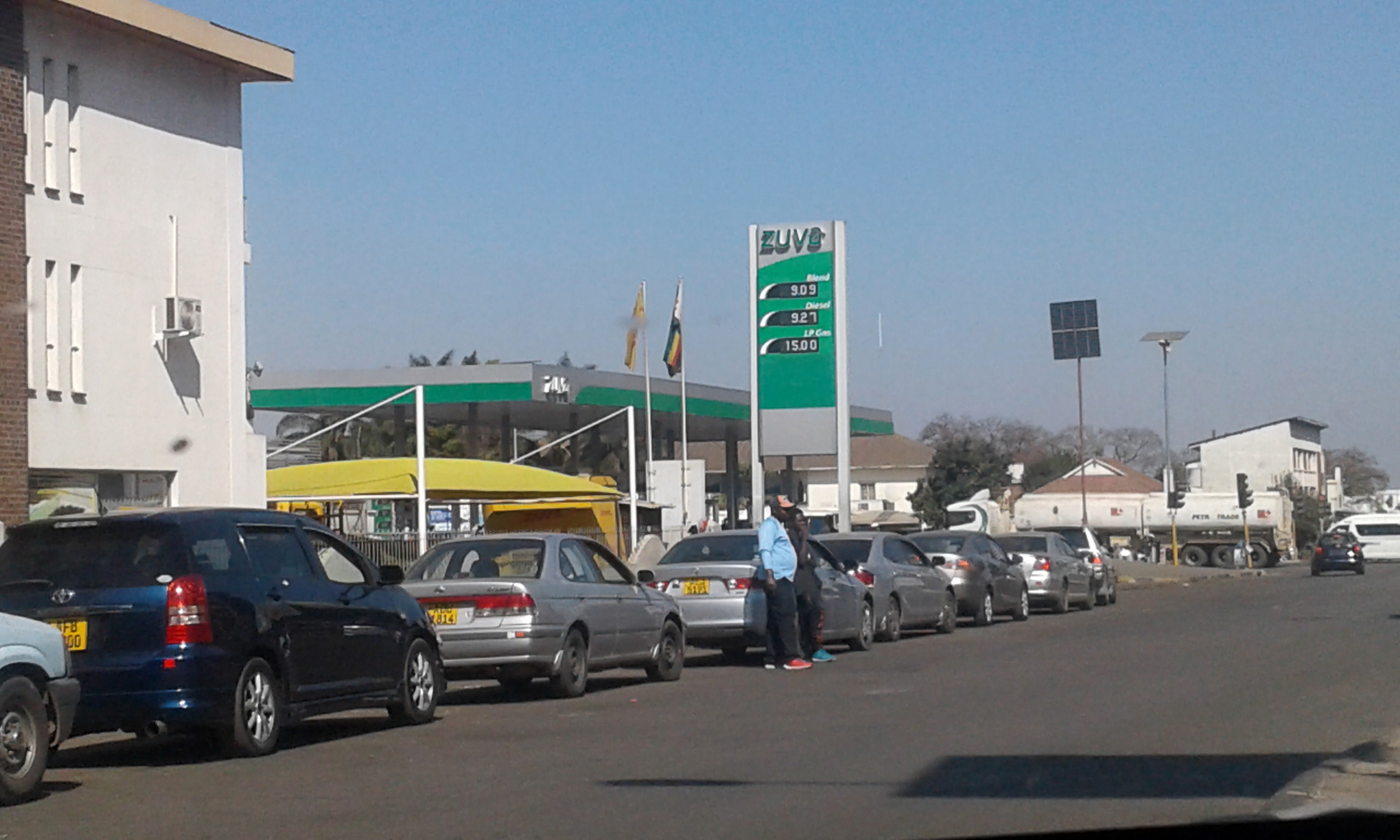- Zimbabwe is experiencing a crippling load shedding schedule lasting up to 12 hours a day.
- The government has not built a significant power station since independence.
- Zimbabwe heavily relies on the Kariba South Power Station.
Zimbabwe’s power utility company has imposed a crippling load shedding schedule lasting up to 12 hours a day, which badly affects business.
The two major power stations, Kariba South and Hwange, are hand-downs from the colonial settlers.
Since independence in 1980, the Zimbabwe government has not built a significant power station resulting in a severe deficit. Efforts to increase power generation have been hampered by corruption, particularly during the tender processing.
Read: Why Nigeria is struggling to sell her oil in 2021
However, these power cuts will further weaken an already fragile economy.
The Zimbabwe Electricity Distribution Company (ZETDC) cites several reasons without revealing when the situation will normalize. The problems range from limited generation capacity to repairs of power infrastructure, putting pressure on the grid.
Zimbabwe heavily relies on the Kariba South Power Station. When the dam levels are adequate, this is the most significant power generation plant in the country. Kariba South generates 1050 megawatts (MW).
The Southern African nation also has four thermal power stations in service. Of these, Hwange Power Station is the largest coal-fired power station with 920MW.
Power Deficit
Power generation at these stations is low due to the nearly obsolete equipment well past its life span. Zimbabwe uses about 1735MW, but the power utility company’s total power supply currently ranges from 1240MW to 1600MW, according to ZETDC.
The average power deficit is 145-500MW depending on imports availability and local generation performance. Power cuts have severely affected business operations in all the cities.
The significant expansion of the Hwange Thermal Power Station by adding units 7 and 8, each of 300MW, would help alleviate some of the Southern African country’s power problems. But the progress of the US$1.5 billion projects so far is mainly unknown.
This third phase at Hwange sees two giant boiler-turbine-generator sets with a combined capacity of 600MW. When the extension is complete, Hwange will provide a total capacity of 1520MW.
Along with the additions, the older units, which are fully operational, are being renovated and upgraded in a continuous programme. Thermal stations require a high level of constant maintenance work, with necessary replacement of parts that wear out, and during past economic downturns, some of this did not occur.
Read: US ban Zimbabwe’s diamond import, government protests
Zimbabwe has no option but to import power from her neighbours.
Escom from South Africa’s and Mozambique’s Hydro Cahora Bassa (HCB) has bailed out the country in the past. Last year alone, Zimbabwe had to import at least 30 per cent of its power requirements.
In the meantime, ZESA officials from Zimbabwe have engaged power utilities from its neighbours, Zambia and Mozambique. They are pushing for a possible supply of 280MW to help plug the power deficit.
John Robertson, a Harare-based economist, says Zimbabwe’s economy is recovering, and such prolonged power cuts are unsustainable. This will likely force [the] government to revise its GDP forecast downwards to 5.1 per cent from the projected 7.8 per cent.
Given that South Africa is experiencing similar power generation problems, Robertson believes that if Zimbabwe does not overcome its power difficulties, this will impede economic growth in 2021.
The mining and industrial industries will almost certainly curtail output.
Tax and export income will decline, as will employment growth. This is unfortunate because Zimbabwe wouldn’t be going through all this pain if it had started constructing new power plants earlier.
Due to these power outages, workers are left idle on some days due to recurring power outages, severely affecting businesses. Power is often available during the night, yet there is a curfew, meaning workers can do no work then.
Small businesses bear the brunt of power shortages as they employ millions of Zimbabweans in a country that has a high unemployment rate.
Additionally, the use of generators in Zimbabwe is unsustainable. Most fuel service stations do not sell fuel in Zimbabwe currency but in foreign currency, and it is expensive.
According to ZERA, since 8 September, a litre of petrol trades at US$1.38, while a litre of diesel trades at US$1.34, which most small businesses cannot afford to run generators.
Final word
As it is, Zimbabwe cannot afford to be unproductive given the dire situation it is facing.
Hopefully, the expansion at Hwange will come online soon to prevent further haemorrhaging of an already fragile economy.
Read: Hwange Colliery: The giant that could have powered Zimbabwe & Southern Africa











